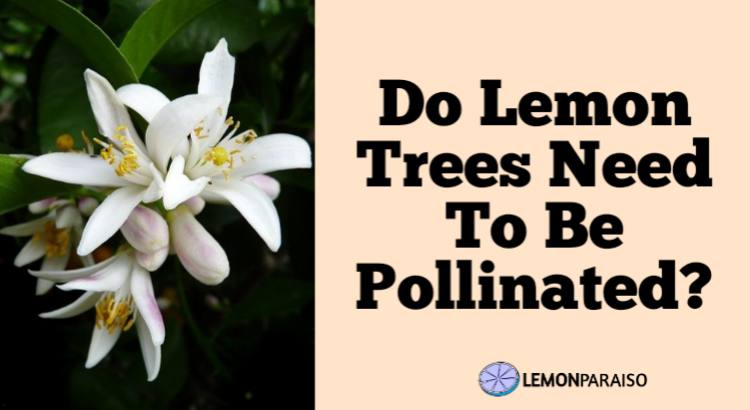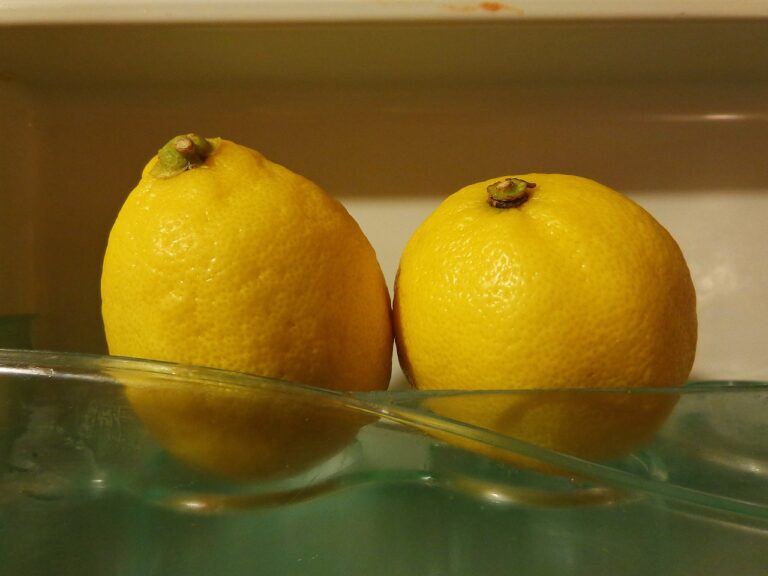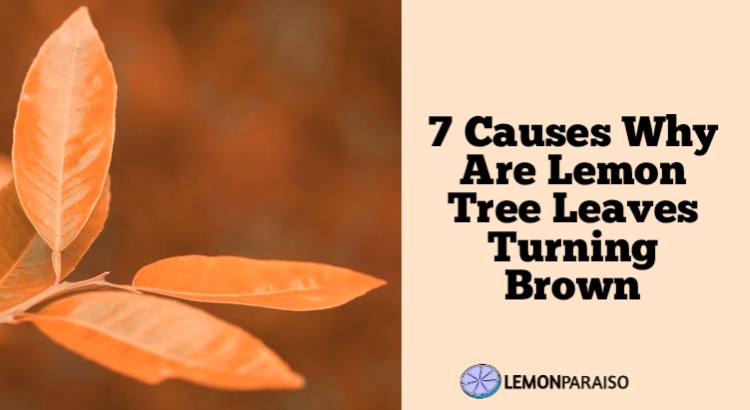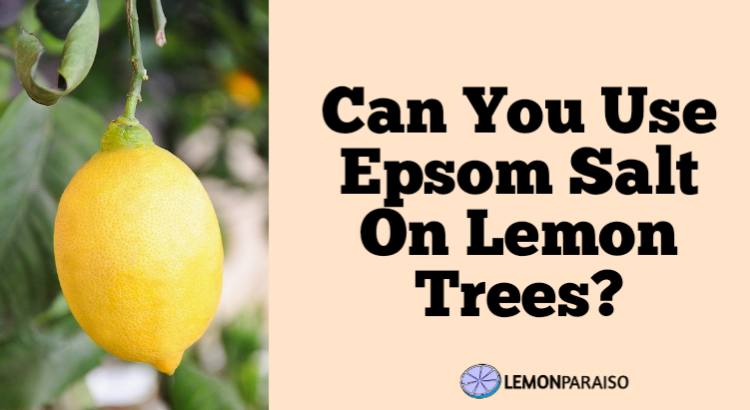Do Lemon Trees Need To Be Pollinated?

Lemon trees are a popular fruit tree that produces juicy and flavorful lemons that are used in various culinary and medicinal purposes. However, many gardeners and lemon tree enthusiasts are often unaware of the pollination process of this fruit tree.
Do Lemon Trees Need To Be Pollinated?
Lemon trees do require pollination to produce fruit, as it is a crucial process in the sexual reproduction of the tree. The pollination process involves the transfer of pollen from the male reproductive organ, the stamen, to the female reproductive organ, the pistil.
Pollination enables the fertilization of the ovules, which then develop into seeds. These seeds are encased within the fruit, and in the case of lemon trees, the fruit is the lemon. Without pollination, a lemon tree may still produce flowers, but these flowers will not develop into lemons.
How Do Lemon Trees Get Pollinated?
Lemon trees are typically pollinated by bees and other insects. These pollinators are attracted to the fragrant blossoms of the lemon tree and transfer pollen from one flower to another as they move from bloom to bloom.
Wind can also play a role in pollination, as it may disperse pollen grains from one flower to another. However, insect pollinators, particularly bees, are the primary agents responsible for the successful pollination of lemon trees.
Can Lemon Trees Self-Pollinate?
Lemon trees are generally considered self-pollinating, which means that they have both male and female reproductive organs within a single flower, allowing them to be pollinated without the need for cross-pollination from a different tree.
The majority of lemon tree varieties are self-fertile, meaning that they can produce fruit without the need for pollen from another tree. However, some varieties may benefit from cross-pollination to increase fruit production and quality.
Do Lemon Trees Need Bees To Pollinate?
While lemon trees can self-pollinate, they often benefit from the assistance of bees and other insect pollinators. Bees are particularly effective pollinators, as they actively seek out flowers to gather nectar and pollen.
As they forage, bees inadvertently transfer pollen from one flower to another, increasing the likelihood of successful fertilization and fruit production. Lemon trees will often produce fruit without bees, but the presence of these pollinators can significantly enhance fruit yield and quality.
What Happens If A Lemon Tree Is Not Pollinated?
If a lemon tree is not pollinated, it will not produce fruit. The flowers will still bloom, but without successful pollination, they will eventually wither and fall off the tree without developing into lemons.
This lack of fruit production can be frustrating for gardeners who want to enjoy the fruits of their labor. To ensure successful pollination, it is essential to encourage the presence of bees and other pollinators in the area or consider hand pollination if necessary.
How To Pollinate A Lemon Tree?
To pollinate a lemon tree, you can follow several simple steps to ensure successful fruit production. First, identify the male and female reproductive organs within the lemon tree flowers.
The male organ, called the stamen, contains the pollen and typically consists of a filament topped with an anther, while the female organ, called the pistil, has a sticky stigma at its tip where pollen needs to be deposited.
Next, choose a small brush, cotton swab, or even your fingertip as a tool for transferring pollen. Gently collect pollen from the anther of one flower and transfer it to the stigma of another flower, taking care not to damage the delicate floral structures.
Repeat this process for multiple flowers on the tree to maximize the chances of successful pollination and fruit production, and monitor the tree for signs of fruit development over the following weeks to confirm that pollination has occurred.
How Often Do Lemon Trees Need To Be Pollinated?
Lemon trees typically produce flowers throughout the year, with peak blooming periods in the spring and fall. Pollination is necessary during these periods to produce fruit. It is essential to ensure that the tree has access to pollinators, such as bees, or to perform hand pollination during these periods.
Providing a supportive environment for pollinators by planting a variety of flowering plants can help ensure that lemon trees have access to the necessary agents for successful pollination year-round.
Can You Hand Pollinate A Lemon Tree?
Hand pollination is an effective method to ensure successful pollination if there is a lack of natural pollinators, such as bees, in the area.
To hand pollinate, simply use a small brush, cotton swab, or even your fingertip to gently collect pollen from the stamen of one flower and transfer it to the pistil of another flower. This process should be repeated for multiple flowers on the tree to increase the likelihood of successful fruit production.
Do Lemon Trees Need Cross-Pollination?
Most lemon trees are self-pollinating and do not require cross-pollination to produce fruit. However, some varieties may benefit from cross-pollination to increase fruit production and quality.
Cross-pollination occurs when pollen from one tree is transferred to the flowers of a different tree. Even though it’s not strictly necessary for many lemon trees, cross-pollination can still improve fruit yield and lead to larger, more robust fruit.
What Are The Benefits Of Pollinating Lemon Trees?
Pollinating lemon trees is essential for fruit production. Successful pollination ensures that flowers develop into lemons, providing a harvest of fresh, flavorful fruit for consumption or sale.
In addition to increased fruit yield, pollination can also improve the quality of the fruit produced, leading to larger and more flavorful lemons. Furthermore, healthy, well-pollinated lemon trees are more resilient and able to withstand environmental stressors, such as pests and diseases.
How Do You Know If A Lemon Tree Has Been Pollinated?
One way to determine if a lemon tree has been pollinated is to observe the development of fruit following the flowering period. If the flowers have been successfully pollinated, they will begin to form small, green fruit that will gradually grow larger over time.
Another indication of successful pollination is the presence of bees and other pollinators in the area, as these insects play a vital role in the pollination process.
Can You Grow Lemons Without Pollination?
It is not possible to grow lemons without pollination, as the process is necessary for the sexual reproduction of the tree and the development of fruit. Without pollination, flowers will still bloom but will not develop into lemons.
To ensure successful fruit production, it is essential to provide a supportive environment for pollinators or to hand pollinate if necessary. Providing access to pollinators and ensuring the overall health of the tree will increase the likelihood of a bountiful harvest.





